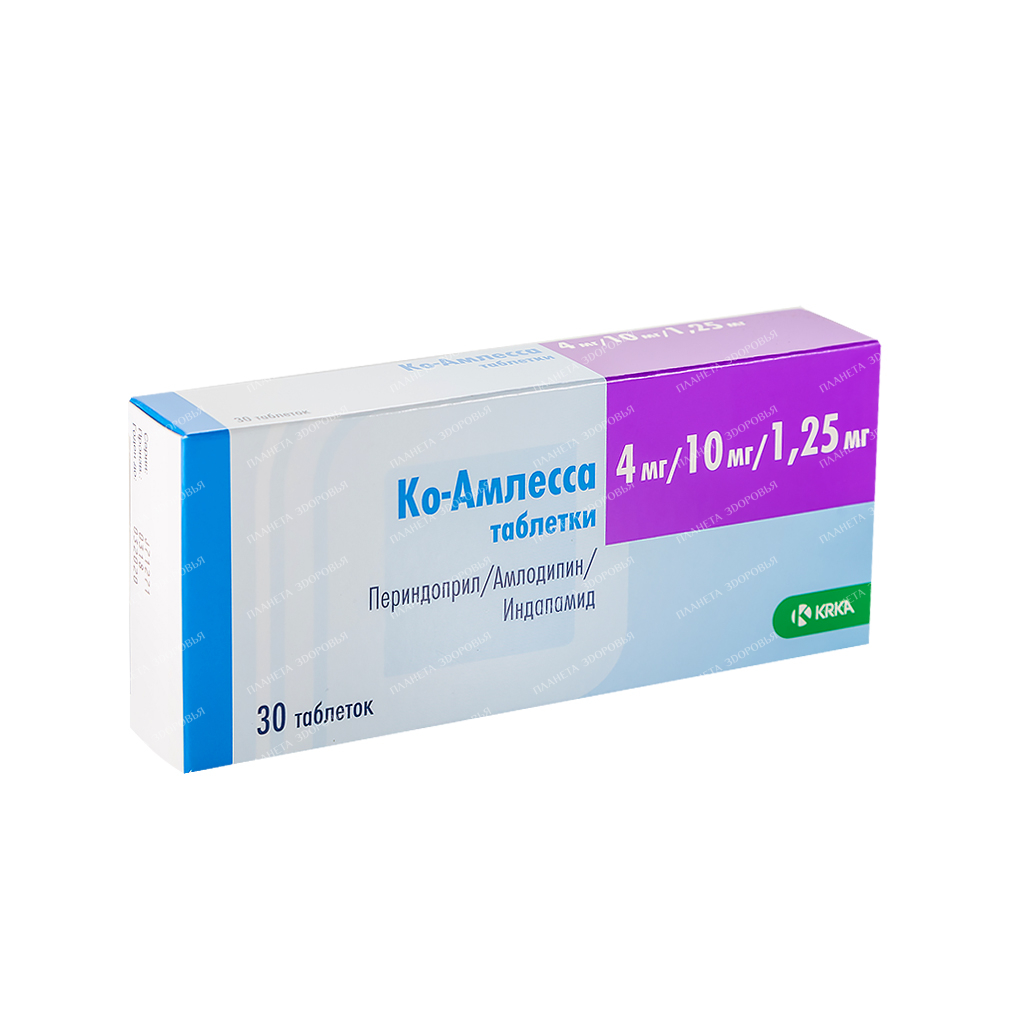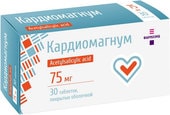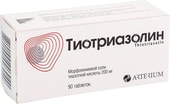Co-Amlessa Tablets: Effective Blood Pressure Control with a Triple Action Formula
Co-Amlessa tablets offer a unique and powerful combination of three active ingredients to effectively manage high blood pressure:
- Perindopril: An ACE inhibitor that blocks the production of a substance that narrows blood vessels.
- Indapamide: A diuretic that helps the body eliminate excess fluid and salt, reducing blood pressure.
- Amlodipine: A calcium channel blocker that relaxes blood vessels, allowing for easier blood flow.
This triple action formula works synergistically to provide comprehensive blood pressure control.
Co-Amlessa is available in the following dosages:
- 4 mg/10 mg/1.25 mg: White or almost white, oval, biconvex tablets with a score on one side.
- 8 mg/10 mg/2.5 mg: White or almost white, round, biconvex tablets with a score on one side.
Who can benefit from Co-Amlessa?
Co-Amlessa is prescribed for individuals whose high blood pressure is effectively managed with a fixed combination of perindopril, indapamide, and amlodipine at the same dosages.
Important safety information:
Contraindications:
- Severe renal insufficiency (creatinine clearance < 30 ml/min)
- Moderate renal impairment (creatinine clearance 30-60 ml/min) for dosages of 8 mg/5 mg/2.5 mg and 8 mg/10 mg/2.5 mg
- Severe liver dysfunction
- Pregnancy and lactation
Precautions:
- Hypovolemia: Risk of hypotension, especially in patients with low blood pressure, renal artery stenosis, congestive heart failure, or cirrhosis.
- Electrolyte disturbances: Risk of hypokalemia and hyperkalemia, particularly in patients with diabetes mellitus or renal insufficiency.
- Renal function: Monitoring of potassium and creatinine levels is essential, especially in patients with renal impairment.
- Atherosclerosis: Risk of hypotension, especially in patients with ischemic heart disease or cerebrovascular insufficiency.
- Heart failure: Requires careful monitoring and lower starting doses.
- Hypertension crisis: Safety and efficacy not established.
- Surgery/Anesthesia: ACE inhibitors may cause hypotension during anesthesia.
- Liver failure: Risk of cholestatic jaundice and fulminant hepatic necrosis.
- Elderly patients: Dosage adjustments and close monitoring are crucial.
- Ethnic characteristics: Perindopril may be less effective in black patients.
- Diabetes mellitus: Regular monitoring of blood glucose is required.
Interactions with other drugs:
- Lithium: May increase lithium levels and risk of toxicity.
- Aliskiren: Increased risk of hyperkalemia, impaired renal function, cardiovascular morbidity and mortality.
- Potassium-sparing diuretics: Increased risk of hyperkalemia.
- ACE inhibitors: Risk of hypotension, hyperkalemia, and impaired renal function.
- Angiotensin II receptor blockers: Not recommended for simultaneous use.
- Non-steroidal anti-inflammatory drugs (NSAIDs): May decrease the hypotensive effect and increase risk of renal impairment.
- Antidiabetic drugs (insulin, oral hypoglycemic agents): May increase hypoglycemic effect.
- Dantrolene: Risk of cardiovascular failure and ventricular fibrillation.
- Grapefruit juice: May enhance the blood pressure-lowering effect.
Note: This information is not a substitute for professional medical advice. Always consult with your healthcare provider before starting any new medication.
| INN | PERINDOPRIL+AMLODIPINE+INDAPAMIDE |
|---|---|
| The code | 79 759 |
| Barcode | 3 838 989 633 059 |
| Dosage | 4mg/10mg/1.25mg |
| Active substance | Perindopril, amlodipine, indapamide |
| Manufacturer | Krka dd, Slovenia |
| Trademark | KRKA |
| trade line | Ko-amlessa |
| Importer | IOOO Interfarmaks 223028 Minsk region, Minsk district, Zhdanovichsky s / s, ag. Zhdanovichi, st. Star, 19a-5, room. 5-2 |
Related products
Cardiovascular Health
Cardiovascular Health
 Free worldwide shipping on orders $99+
Free worldwide shipping on orders $99+  US: temporary delays — postal services aligning new import rules,
US: temporary delays — postal services aligning new import rules,  EU: 1–2 weeks,
EU: 1–2 weeks,  Worldwide: 1–4 weeks
Worldwide: 1–4 weeks 











